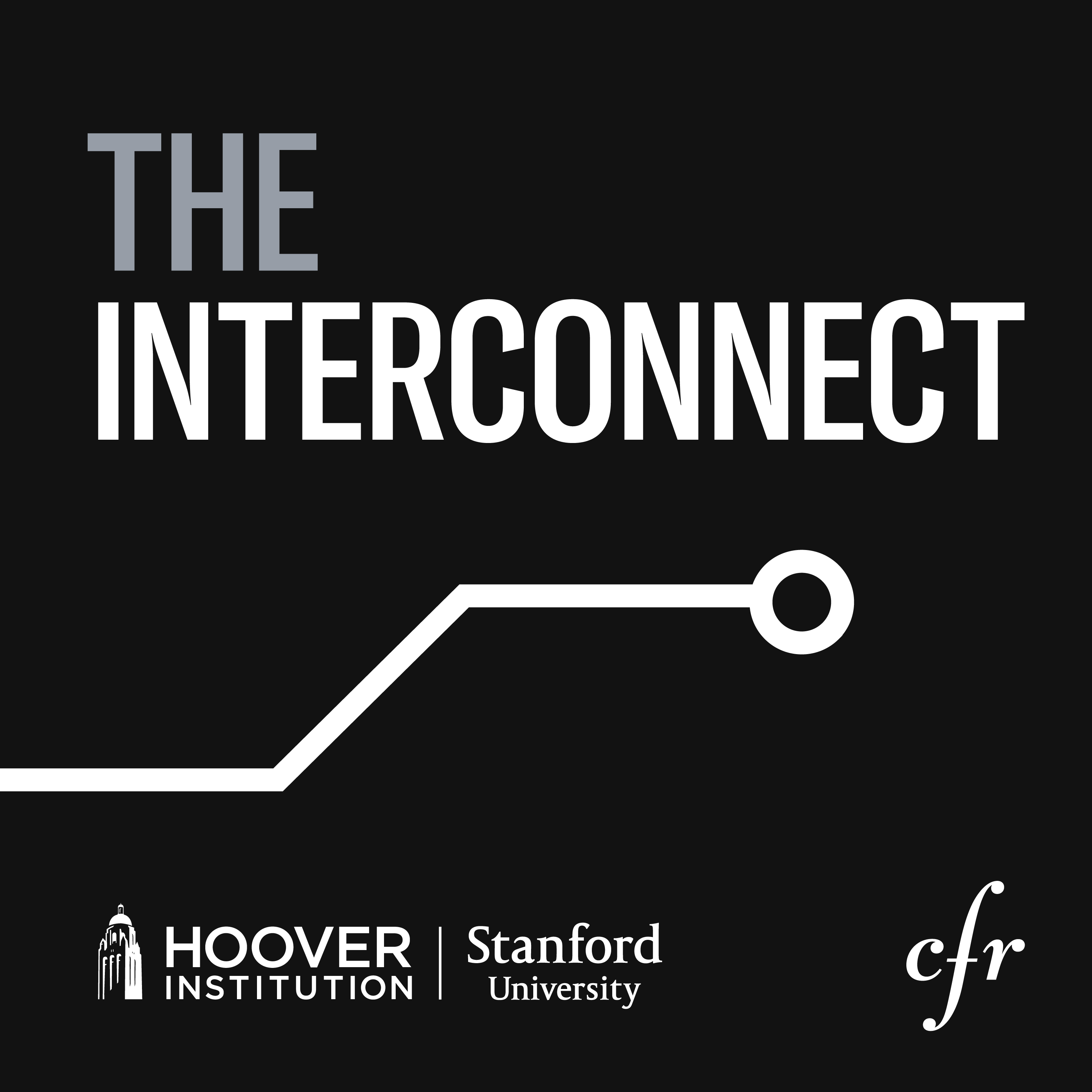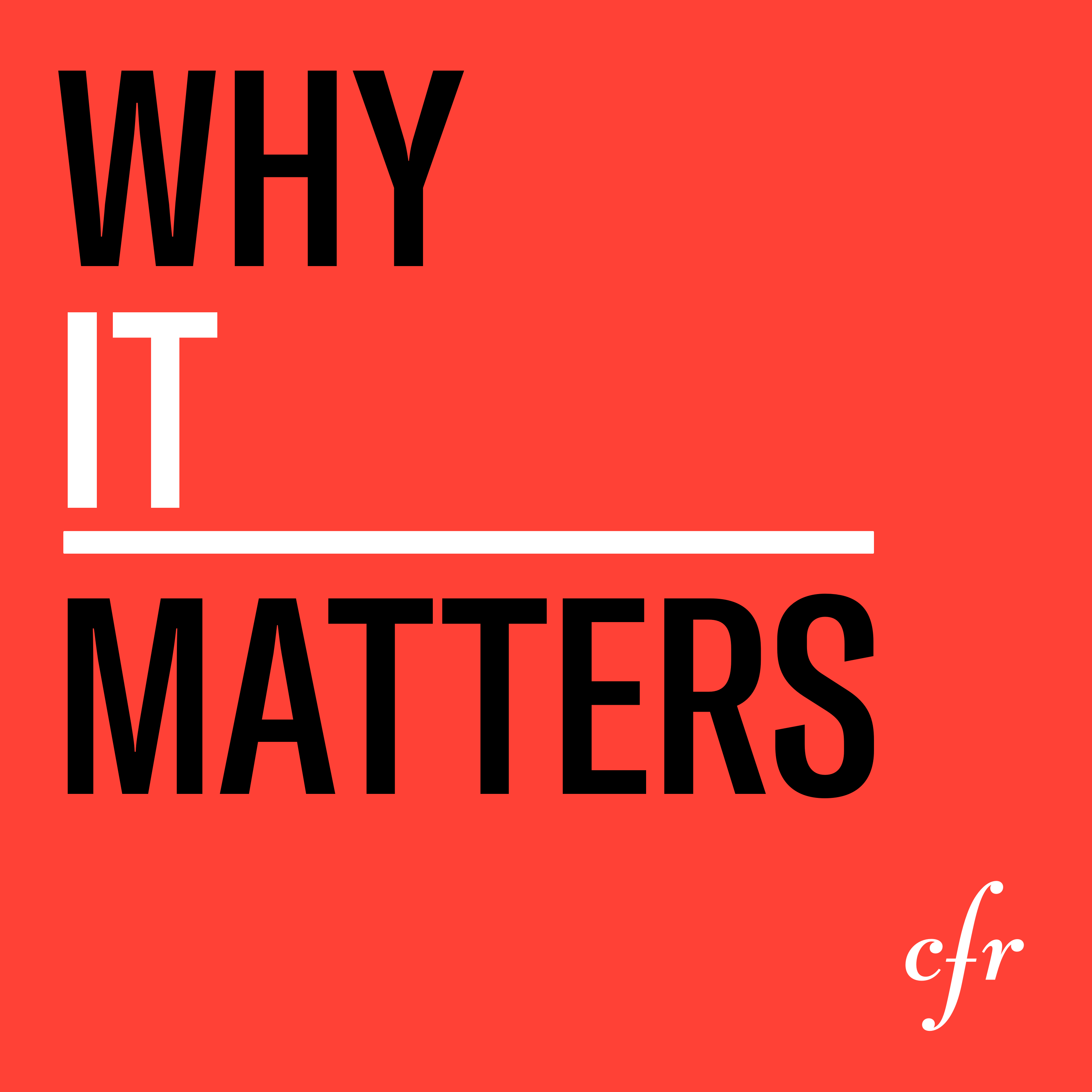
New Podcast Spotlight: The Interconnect

Why It Matters
Deep Dive
Shownotes Transcript
Emerging technologies are transforming international relations and our country’s economy. So how do we connect science and engineering labs with Washington and the world of business?
The Interconnect, a new podcast series from the Council on Foreign Relations and the Stanford Emerging Technology Review, brings together leading minds in cutting-edge technology and foreign policy to explore recent ground-breaking developments, what's coming over the horizon, and the implications for U.S. innovation leadership.
In this featured episode, Stanford Emerging Technology Review Faculty Council Member Mark Horowitz and CFR’s technologist-in-residence Sebastian Elbaum discuss where chip manufacturing is heading, how hardware advances are powering the new artificial intelligence (AI) era, and what the United States should prioritize in order to sustain its leadership in this crucial domain.
Host
Martin Giles, Managing Editor of the Stanford Emerging Technology Review
Guests
Mark Horowitz, chair of the Electrical Engineering Department at Stanford University
Sebastian Elbaum, the Technologist in Residence at the Council on Foreign Relations